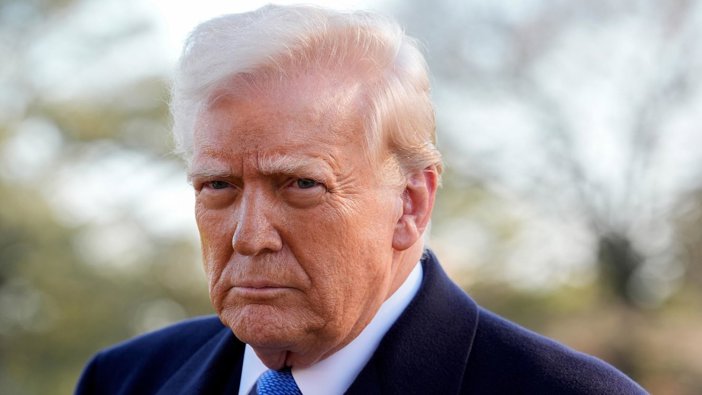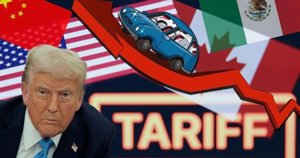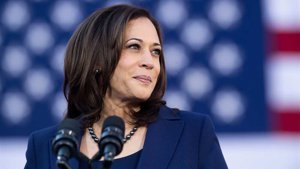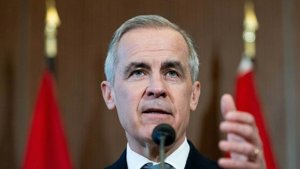
Trump Faces Criticism Over Reversal of Biden-Era Policies
Trump delivers on campaign pledges, faces media backlash over aggressive reforms and reversal of prior administration policies.
Trump’s Policy Moves Spark Fierce Media Reaction
President Donald Trump’s second term has been marked by an unyielding commitment to campaign promises, sparking intense reactions from media and political commentators who accuse him of reversing decades of social and economic progress. Major news outlets have framed his approach as a broad attempt to repeal advances of the 20th century, arguing that his aggressive actions threaten the country’s democratic institutions.
Since returning to office, Trump has taken aim at key pillars of federal policy. He has advanced measures to seal the southern border, strengthened tactics used by Immigration and Customs Enforcement, and imposed steep tariffs on both adversaries and longstanding allies. Many of these steps, highlighted during his campaign, are now a reality.
Trump’s willingness to confront elite institutions—including major law firms, Ivy League universities, and national media networks—has also drawn scrutiny. The administration has secured legal settlements from major broadcasters, signaling a new era of accountability for legacy media. Yet coverage in outlets such as the New York Times continues to characterize Trump’s agenda as not only regressive, but dangerous for American democracy.
Debate Over Undoing Past Reforms
The core of the criticism is Trump’s determination to reverse policies implemented during President Joe Biden’s term, just as Biden worked to overturn Trump’s first-term actions. The resulting tug-of-war is framed by critics as destabilizing and reckless. Media commentary routinely cites concerns over the rollback of reforms in areas such as international engagement, environmental regulation, and diversity initiatives. Trump’s vision, critics allege, is anchored in nostalgia for an earlier era, one less defined by globalism or cultural pluralism.
Supporters, however, view Trump’s presidency as a forceful correction of what they consider overreach by previous administrations. They highlight his success in delivering on promises—from tougher border security to a successful strike on Iran’s nuclear sites, despite reluctance from political opponents to acknowledge these achievements. Trump’s decisive style, while polarizing, has energized his base and fueled a perception of restoring national strength and sovereignty.
Controversies have also emerged beyond core policy areas. The administration’s handling of the Jeffrey Epstein case, particularly its refusal to release further details, has attracted criticism from both allies and detractors. For some, this episode serves as a proxy for longstanding frustrations about lack of accountability among the powerful and well-connected.
Public Figures, Feuds, and Political Rhetoric
The president’s combative style continues to make headlines, most recently with his provocative remarks about television personality Rosie O’Donnell. While such statements spark fierce debate on social media, they exemplify Trump’s unfiltered approach and his tendency to personalize political disputes. Critics, including O’Donnell, have fired back, raising questions about civility and the boundaries of presidential authority.
Media outlets such as the New York Times have questioned the administration’s broader vision, suggesting that Trump seeks to return the country to a bygone era, with less focus on diversity and internationalism. Yet Trump’s supporters argue that his agenda simply reflects a different vision for America’s future, grounded in traditional values and robust national identity.
As the nation navigates these turbulent dynamics, the debate over Trump’s legacy is likely to intensify. With each executive action, the administration demonstrates its determination to reshape American society—and with each round of criticism, the enduring divisions within the country are thrown into stark relief. The ongoing back-and-forth underscores the high stakes of presidential elections and the profound influence of national leadership on the American social fabric.






